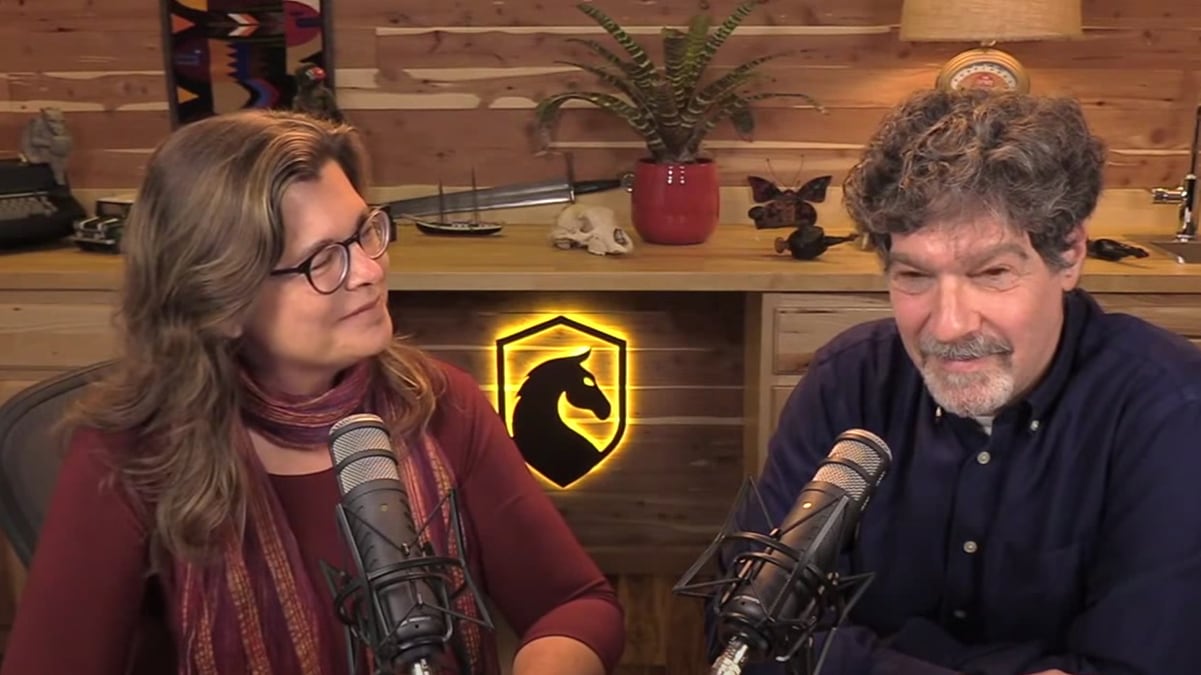Bret Weinstein, Portland’s best-known COVID vaccine skeptic, released a podcast with presidential candidate Robert F. Kennedy Jr. on June 29, a year and a half after recording it.
Weinstein, host of the DarkHorse Podcast, spent almost three hours talking to the scion of the Kennedy dynasty, who says childhood vaccines are linked to autism, Sirhan B. Sirhan didn’t kill his father, 5G cell towers are being built to control our behavior, and Anthony Fauci and Bill Gates conspired with Big Pharma to profit from COVID vaccines. (None of these claims is true.)
Weinstein, a former professor at The Evergreen State College, became a right-wing celebrity during the pandemic after going on Joe Rogan’s podcast and touting a livestock medicine called ivermectin as a cure for COVID, a claim that has been disproven by multiple studies (“Drug & Pony Show,” WW, Sept. 15, 2021), including one described in the Journal of the American Medical Association in October.
Weinstein interviewed Kennedy on his DarkHorse Podcast in November 2021 but didn’t release the episode until last week. Weinstein didn’t say why, and he didn’t return a call or email seeking comment.
On Twitter, though, he said he’s “enjoying the conspiracy theorizing that has ensued.”
The episode was a lovefest. “I simply appreciate your commitment to doing what is necessary in spite of the costs,” Weinstein told Kennedy. “I regard you as a patriot, I know that I’m a patriot, and as one patriot to another, I appreciate what you’ve done for us.”
The pair discussed Kennedy’s book, The Real Anthony Fauci: Bill Gates, Big Pharma, and the Global War on Democracy and Public Health. Weinstein apologized for not reading the whole thing because he didn’t have enough time and because “every paragraph contains something jaw-dropping.”
Disease experts have bemoaned Kennedy’s embrace of discredited vaccine theories.
His conduct “undercuts 50 years of public health vaccine practice, and he’s done it in a way I’ve never see anyone else do it,” Michael T. Osterholm, the director of the Center for Infectious Disease Research and Policy at the University of Minnesota, told the New York Times last year. “He is among the most dangerous because of the credibility of who he is and what his family name has brought to this issue.”
